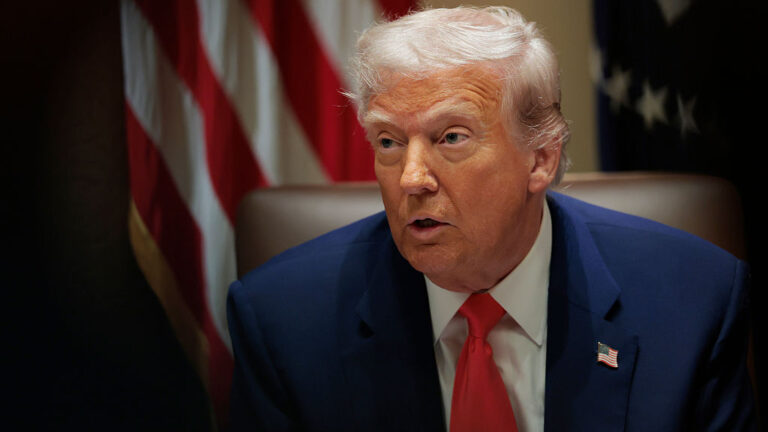Way back in early 2001, I linked up an interview with Yusuf Hamied, the chairman of Indian drug manufacturer Cipla. (The original interview is no longer available, but this Google search will net you plenty of similar material if you want to check it out.) In a nutshell, Cipla manufactures generic copies of Western drugs and sells them in the developing world at around 5% of the price that Western companies charge for the same medications. As I noted in the original post, almost all of the drugs that Cipla copies are aimed at treating or preventing diseases that are epidemic in the Third Worlddiseases like AIDS, Hepatitis, etc. Cipla and the many other members of the Indian pharmaceutical industry who also engage in this same practice make these life-saving drugs available at prices that the poor in the developing world can actually afford.
The American and European pharmaceutical industries have been trying to shut down this drug cloning practice for years, an attempt that's made all the more nauseating by the fact that the Western originals of the drugs in question are priced way too high for these markets anyway. In other words, Big Pharma isn't losing much business to Cipla and the other Indian generic makers, because the people who buy Indian generics could never afford the originals. Cipla even voluntarily offered to pay Western companies a percentage of the sales of the generics, but the offer was turned down.
